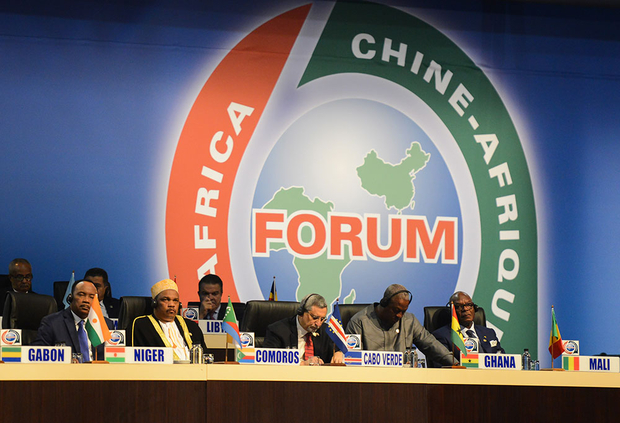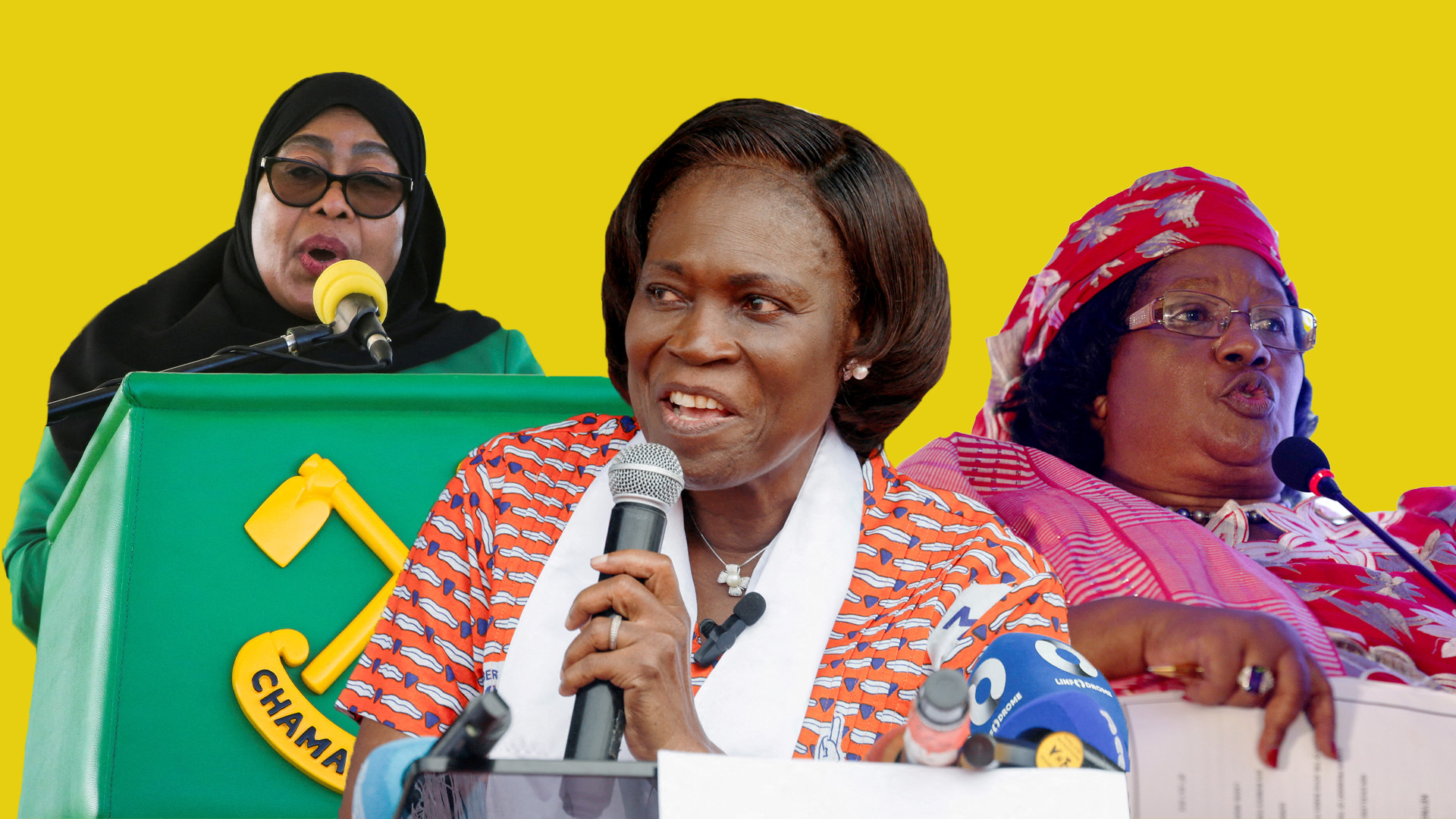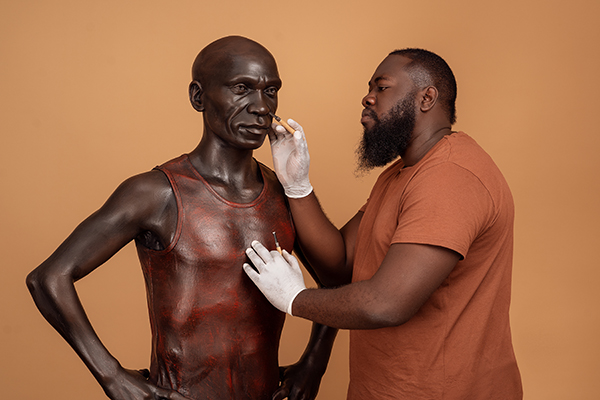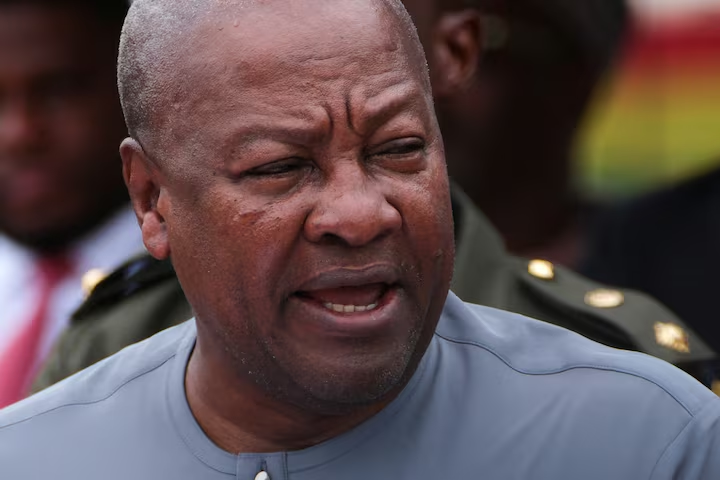
Opinion: What should Africa expect from FOCAC 2018

by David Monyae and Bonga Gasela
This year’s Forum On China-Africa Cooperation (FOCAC) takes in Beijing takes place against the backdrop of the unfolding trade war between China and the United States.
President Xi Jinping’s ambitious ‘Made in China 2025’ initiative, which aims to bolster China’s high-tech manufacturing apparatus isn’t receiving much support from around the world. ‘Made in 2025’ is particularly threatening to US technological leadership. That partly explains why the Trump administration has imposed a 25% tariff on 1300 Chinese products. Beijing retaliated by imposing a tariff on $50 billion worth US goods (comprising mainly of agricultural products). While the US has demonstrated its upper hand in the trade war with China, Beijing has showed no signs of backing down. If this standoff persists it could have implications beyond the two warring giants and could adversely affect Africa, a strategic region for the Washington and Beijing. If Washington and Beijing do not come to the table and resolve this issue there is a possibility of trade diversion of the two countries goods on the African continent and this would create excesses in the region.
There are few issues that need to be addressed to get the most out of the forthcoming coming summit. The beginning of the year saw China making inroads in Africa under the banner of the Belt and Road Initiative albeit the move took military complexion with China establishing a naval base in Djibouti to combat piracy in the sea strategic to China’s BRI. The move took a geopolitical stance vis-à-vis the US as China established its military base in close proximity to the US naval base. The implications of this should be addressed in the light of the trade war between China and the US and the ramifications for the African continent.
At the 2015 FOCAC held in Johannesburg China pledged 10 projects worth US$ 60 billion for the period 2016 to 2018. The US$60billion was inclusive of US$5 billion for grants and interest free loans and an amount of US$35 for export credits and preferential loans, US$5 billion for the China-Africa Development Fund and Special loans for the Development of Africa. The US$10 billion was intended for the China-Africa Fund for Production Capacity Cooperation.
The 2018 FOCAC summit in Beijing is preceded by the China-Africa Think Tanks Forum that took place on July 4, 2018. The forum was a supporting event to the approaching FOCAC summit. The forum came was in held in the backdrop of China’s 40th Anniversary of internal reform and opening up and the theme of the forum was “China-Africa Relations Over the Course of Reform and Opening-up”. The forum was attended by more than 380 representatives and diplomats from 44 African countries.
China’s Assistant Minister Mr Chen Xiaodong outlined the achievements of the Africa-China economic partnership. He said that in 2017 the export and import volume between Africa and China reached US$170 billion and China’s direct investment in Africa is beyond US$40 billion with over 10 000 Chinese companies operating in Africa. He also noted prominent achievements in infrastructure projects such as the installation of the Mombasa-Nairobi railway, Addis Ababa-Djibouti railway. One of the notable achievements was the success of 10 Chinese-built train carriages and two locomotives for the Abuja-Kaduna railway service in Nigeria.
The Beijing Summit is anticipated to coalesce the themes of China’s 21st Maritime Silk Road known as the Belt and Road Initiative and its connection to the African content, the African Union’s Agenda 2063 and the 2030 Agenda for Sustainable Development.
The summit provides African leaders with the opportunity of discussing the problems the continent is facing as well as to check the progress on the pledges made by China in the previous summit.
One of the problems the African countries are faced with are associated with debt. Africa has been receiving incessant amounts of aid from China. The nebulosity in the definitional distinction between China’s notion of development assistance and aid or lack thereof is likely to condemn African countries into an abyss of debt. Africa is the recipient of an assortment of assistance from China. China’s foreign aid is made of 8 types of foreign aid comprising of medical assistance, infrastructure projects, debt relief, human resource development cooperation, goods and material, humanitarian aid in emergency circumstances, technical cooperation and volunteer programs. The African leaders should seek to get clarity amongst these types of assistance as it puts the African economies in debt trap.
Dr David Monyae is a senior political analyst and co-director at the University of Johannesburg






